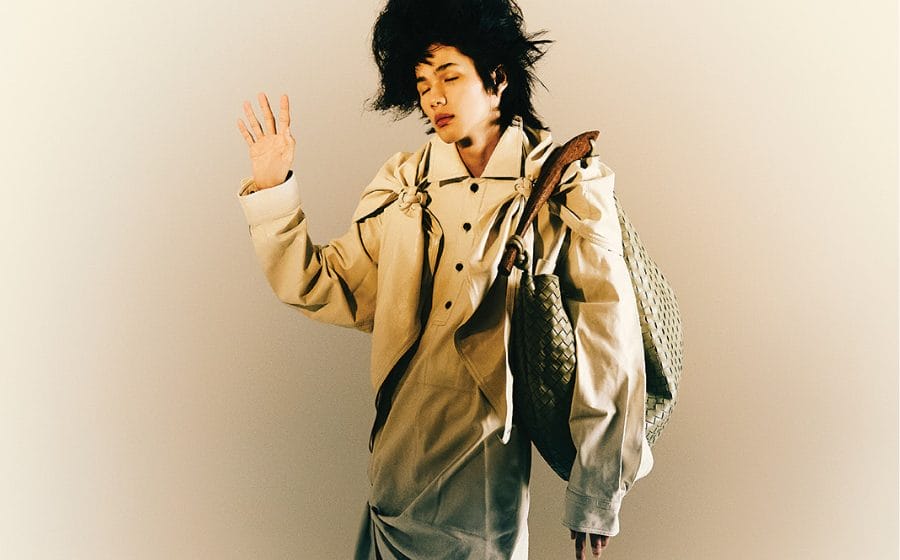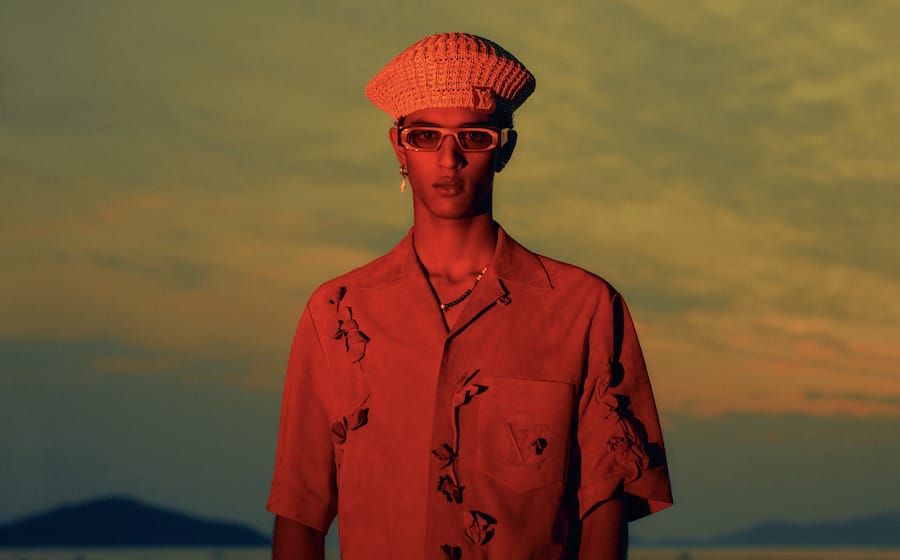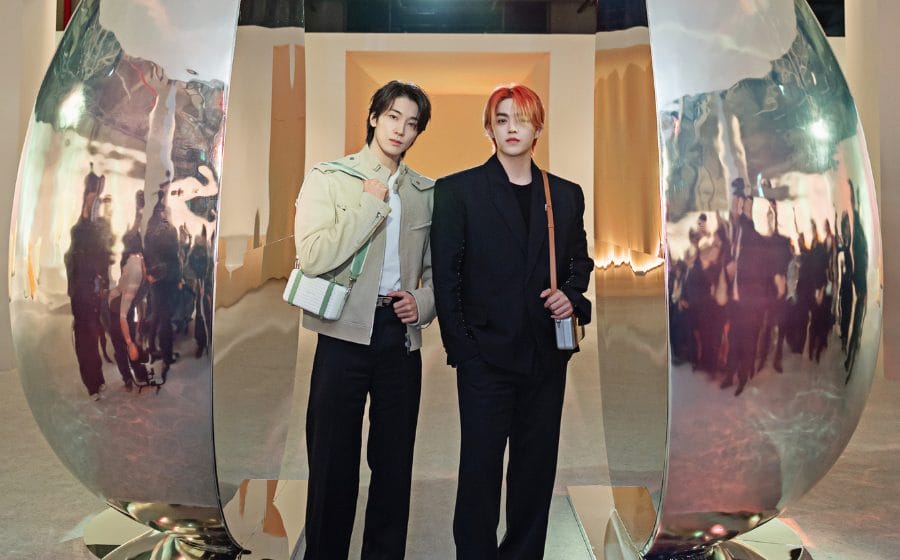In partnership with Ermenegildo Zegna, the Men’s Folio team highlights three sustainable stalwarts who have one solid piece of advice each — start small, start somewhere and keep doing it everyday.
—
Nicholas Ng — The man who is fronting a sustainability-led charity organisation
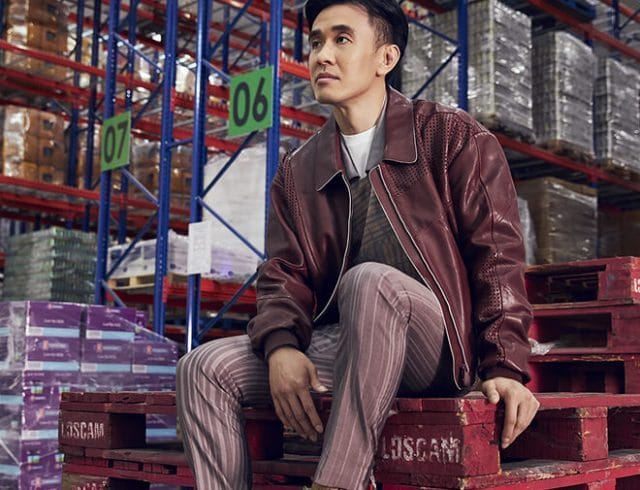
In your own words, define sustainability. I define it through a charity I co-founded in 2012 called Food Bank. Prior to it, I was working in the F&B industry and noticed there was a lot of food wastage. Food Bank was started to reduce food wastage and to feed the hungry people at the same time. What jump-started your passion for sustainable practices? Part of it was from my upbringing, my sister and I are brought to do charity work from young. The other is my daughters. I hope I can leave them a world that is at least in the current state or hopefully better for them and their children in the future.
How do you weave sustainability into your everyday life and career? Apart from the charity, I try to cycle or jog to work as much as I can. At times, I carpool as well. Being sustainable is challenging, what is the biggest hurdle you faced? At the beginning of the Food Bank, we had problems requesting food donations. In Singapore, there is a stigma of donating food whether short or long shelf life. Perhaps it is not in the Asian culture to do so but it is getting better. Is your personal method of sustainability easy for someone outside your industry to adopt? It is not easy on the onset, but with a change of mindset, it can be. Cycling or jogging to work is difficult given our weather but it can be done if we really want to. Singaporeans have been more caring and giving too — we distributed 800 tonnes of food last year as compared to two tonnes when we first started.
Reduce, reuse, recycle and upcycle — which word resonates most with you? Reuse by trying to give or extend a new lease of life to products.
Are our communities growing more acceptable to such practices? It can be done through education. What do you think is the most frightening wastage that Singaporeans produce? There are two things — Singaporeans tend to over order by a lot and love plastic bags. What was one project you were extremely proud of? The Food Bank. It started out as a small CSR (corporate social responsibility) project but it has since grown so much. We are projected to surpass last year’s distribution figures (800 tonnes of food). It is the best thing I have done.
How can Singaporeans incorporate sustainability in their lives be it a small or big practice? By using tote bags in place of plastic bags. How do you encourage others to #USETHEEXISTING? Do not over order or simply donate whatever you have regardless if it is food or apparels.
How do you feel knowing a fashion giant is actively advocating sustainability through materials and innovations? A lot of difficult changes were done behind the scenes when Ermenegildo Zegna decided to be sustainable. It is very heartening to know that Ermenegildo Zegna is willing to take that hard step forward by saying, “We want to make a difference”.
Fill in the blank: #USETHECURRENT.
Ermenegildo Zegna XXX Leather jacket, cotton T-shirt, wool-blend pants, buffalo leather sneakers
—
Desmond Shen — The man who is championing sustainable dining practices
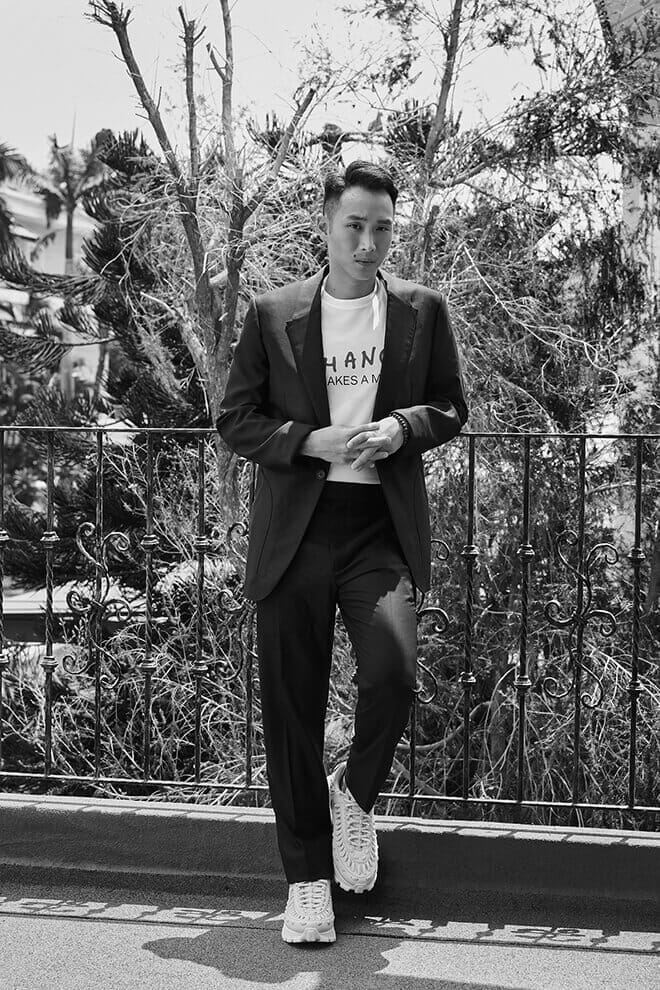
In your own words, define sustainability. Sustainability is a higher level of thinking, it allows us not to only satisfy our needs in the current generation but for generations to come. What jump-started your passion for sustainable practices? My enjoyment towards growing and planting greenery as a child pushed me in this direction. Working in Japan and Peru also exposed me to their cultures of recycling and upcycling, which we should adopt more.
How do you weave sustainability into your everyday life and career? In the kitchen, we try to not label unwanted parts or trims as waste. Instead we call them by their names; we feel a pinch when we discard those and we try to use them before they are discarded. Another way is reducing the use of plastics. Being sustainable is challenging, what is the biggest hurdle you faced? It is people’s perception of what we are doing. People think we are crazy at first but they realise otherwise after we educate them. Is your personal method of sustainability easy for someone outside your industry to adopt? In a way, yes; the thought process is the same. Before discarding something, think about what you are throwing and what other uses it has.
Reduce, reuse, recycle and upcycle — which word resonates most with you? Reduce. We live in a small country and unfortunately due to culture, we are excessive and use more than we need to.
Are our communities growing more acceptable to such practices? We should be more aware that every small step counts. It involves some form of education but people become more acceptable to them after. What do you think is the most frightening wastage that Singaporeans produce? Plastics. I remember seeing a lady who used three layers of plastic to pack fish that was already wrapped in cling wrap.
What was one project you were extremely proud of? When I was in Peru, I learnt a lot from the natives who were reusing everything for generations. We have an upcoming project to Borneo to learn the true concept of being sustainable. How can Singaporeans incorporate sustainability in their lives be it a small or big practice? Picking up litter on beaches, cleaning up the sea or planting trees. We complain we have nothing to do and these are things that can be done to help.
How do you encourage others to #USETHEEXISTING? Recycling or upcycling the products that we have. How do you feel knowing a fashion giant is actively advocating sustainability through materials and innovations? I feel very relieved to know that a fashion label is going green and sustainable. Shopping for clothes is something that everyone does and is one of the biggest resources used currently.
Fill in the blank: #USETHETRIM.
Ermenegildo Zegna XXX Wool jacket, cotton T-shirt, wool pants.
—
Colin Chen — The man who is spearheading sustainable craftsmanship
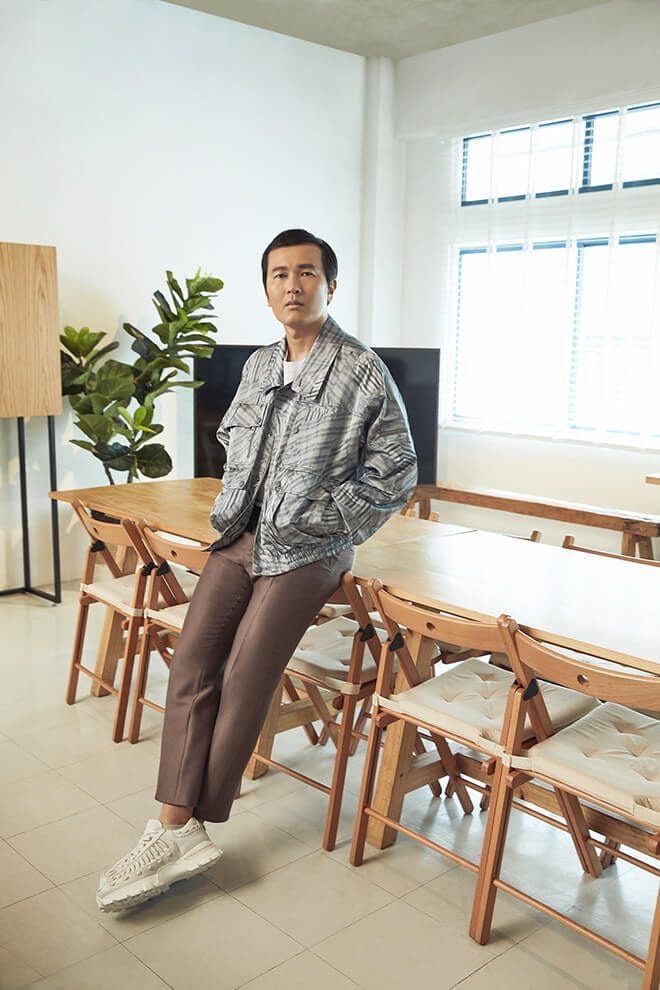
In your own words, define sustainability. To me it is finding true value in things. There is a form of sustainability if we relook at what we already have, seeing the value in them and consuming less as a result. What jump-started your passion for sustainable practices? I have seen how wastage is a problem. As a brand, I want to look at sustainable methods of production and to create products of higher value and quality that will last longer and reduce unnecessary waste.
How do you weave sustainability into your everyday life and career? From a personal standpoint, it is recognising the things you like, protecting them and using them for longer periods of time — rather than aimlessly consuming more due to trends. Being sustainable is challenging, what is the biggest hurdle you faced? Aesthetically, sustainable goods were not as beautiful in the past as compared to now. The challenge is making sustainable products look good or even nicer than standard products for people to want to adopt sustainable products. Is your personal method of sustainability easy for someone outside your industry to adopt? It starts from looking at our own consumption patterns and also recognising the fine craft and materials that go into products. If people learn about these from a younger age, they can appreciate them better.
Reduce, reuse, recycle and upcycle — which word resonates most with you? Reuse and reduce. Reusing is about understanding and discovering the stored value of products we already own and to use them despite being out of trend.
Are our communities growing more acceptable to such practices? People are more accepting of such practices with the social media age and are more aware of wastage. What do you think is the most frightening wastage that Singaporeans produce? We have easy access to water and food, and take them for granted. Water is something that is wasted by keeping taps running or using excessive amounts for washing. What was one project you were extremely proud of? A sustainable wares company we started called Grams. It was started to repair or repurpose lightly damaged products that regular consumers might otherwise discard. It is a beautiful ecosystem.
How can Singaporeans incorporate sustainability in their lives be it a small or big practice? Evaluating our own consumption habits and investing in good pieces that you love and to stick to them for a long time. How do you encourage others to #USETHEEXISTING? We can look at what we already own. Sometimes we have all that we need but it is stashed away because it is no longer trendy. Take those items out, give them a new lease of life, especially classics.
How do you feel knowing a fashion giant is actively advocating sustainability through materials and innovations? That area has been ignored for a long time so it is good to know there is research and time spent in innovating to repurpose, recycle and reuse old materials to create new objects with higher value.
Fill in the blank: #USETHECLASSICS.
Ermenegildo Zegna XXX Nylon jacket, cotton T-shirt, wool-blend pants, buffalo leather sneakers
Join the conversation #WHATMAKESAMAN
—
Photography Cher Him
Videography Island Boys Collective
Styling Manfred Lu
Photography Assistant Zhan Hong
Grooming & Hair Benedict Choo using Armani Beauty
This story first appeared in the May ’20 issue of Men’s Folio Singapore.
The Ermenegildo Zegna collection is now available on https://www.zegna.us/us-en/home.html.

